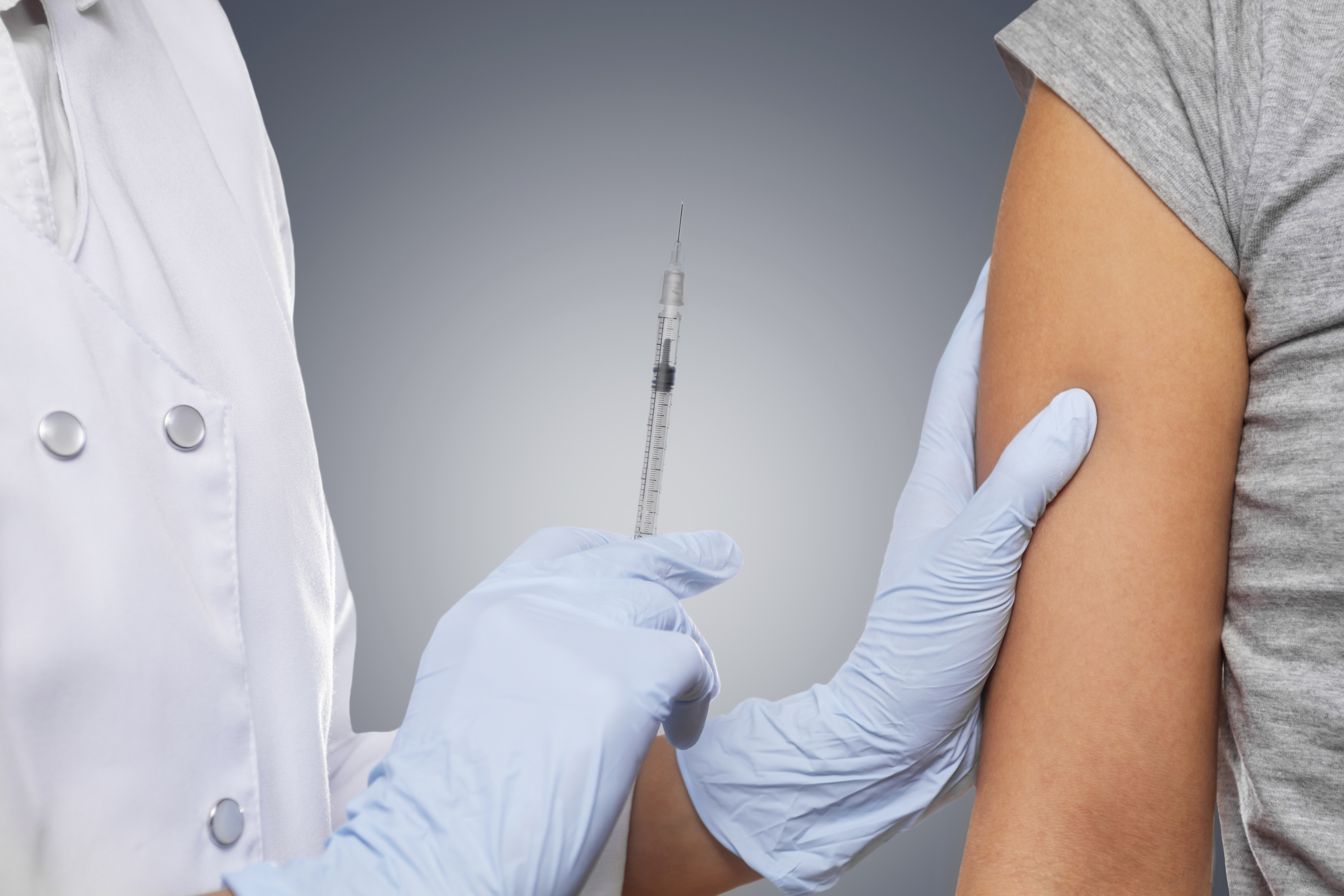WASHINGTON — The Centers for Disease Control and Prevention published new numbers that show cancers associated with the human papillomavirus — more commonly known as HPV — are on the rise. Though there is a vaccine to prevent against most of these cancers, far too many kids are not being immunized.
A CDC report based on comprehensive national data shows that from 2008 to 2012, there were nearly 39,000 new cases of HPV-associated cancers each year. That’s far higher than the almost 33,000 cases reported annually in the previous five-year study period.
Cancers caused by HPV are usually found in the groin, reproductive tract or neck. In women, the most common type is cervical cancer, and in men, it is oropharyngeal cancer, which occurs in the middle of the throat.
The latest CDC statistics also include a state-by-state breakdown. D.C. has one of the highest number of cases in the country: 14.3 cases per 100,000 citizens. Virginia, with 10.65 cases per 100,000, and Maryland, with 10.5 cases, are in the middle of the pack.
Many of the HPV-related cancers — 28,500 of the 39,000 in the latest CDC report — can be prevented by the HPV vaccine. It’s a three-shot series for preteens, approved in 2006 for girls and a few years later for boys.
It is only a public school requirement in D.C., Virginia and Rhode Island. Maryland, like most other states, only recommends its use. And in 2015 — the last year for which data is available — only 40 percent of teenage girls and 22 percent of teenage boys had received all three doses nationwide.
Dr. Ranit Mishori, a professor of family medicine at the Georgetown University School of Medicine, is a firm believer in the vaccine and hopes the higher numbers of new HPV-associated cancer cases will be a wake up call for families.
“This would be a wonderful argument when I speak to patients and their parents about vaccinating for HPV and it is wonderful evidence to show there is a huge potential if you get the HPV vaccine to prevent one of a number of HPV-related cancers,” she said.
Dr. Mishori acknowledges it can be a tough sell. She says some parents are concerned that their kids are already getting too many vaccines, while others fear that giving a vaccine for cancers linked to sexual activity may be a sign that they are encouraging their children to become sexually active before they are ready.
“I think if we can shift the attention to cancer prevention, it is still going to be hard; it is not going to be a slam-dunk. But it is going to help deliver the message that this is an important vaccine for both boys and girls,” she said.
Both the National Cancer Institute and the American Society of Clinical Oncology are actively working to encourage primary care physicians — whether they are pediatricians or family doctors — to strongly recommend the HPV vaccine.
Mishori notes that even if the vaccination rates go up, it takes decades for most of these cancers to develop. She says the real impact may not be known for quite some time, especially in the case of cervical cancer.
But she also adds that in other countries, studies have already shown a decline in genital warts, which are also caused by HPV. Mishori says that this is likely a good omen for the future.
Read the full CDC report on the rise of HPV-related cancers here.







